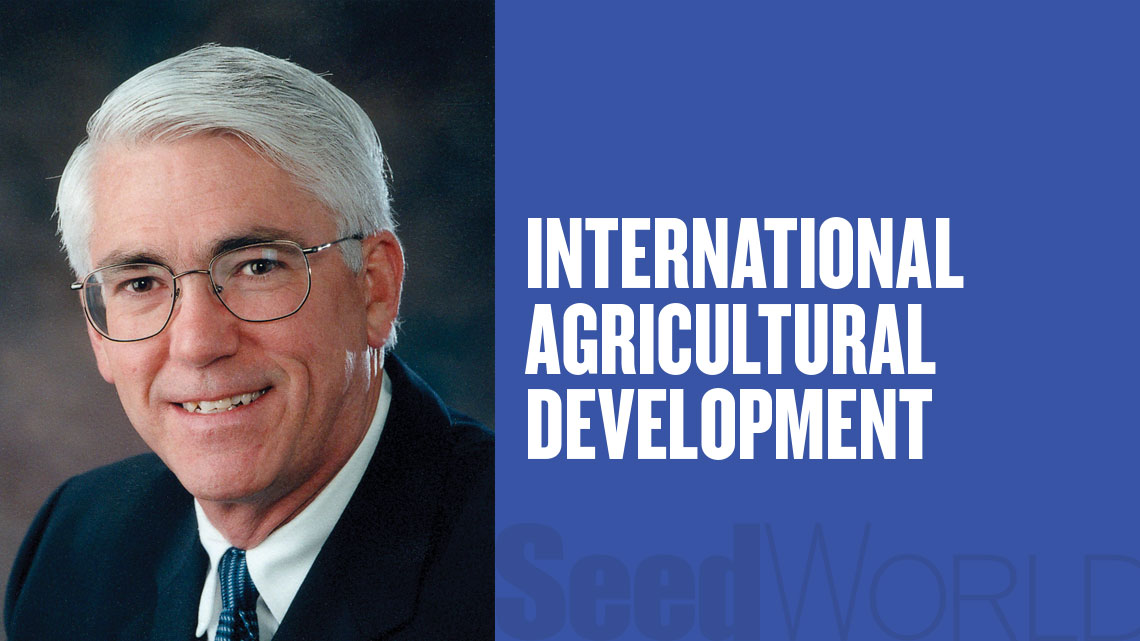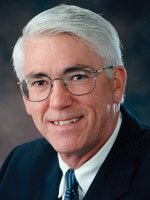Not all stories are as dramatic as that of Miatta Sirleaf, Aloysius Tamba or Anne Kumeh in post-war Liberia. While very different, they share a commitment to reducing food insecurity.
is dedicated to delivering solutions and empowering people and organizations to solve complex problems related to international agricultural development and global food security. His career experience and international credentials include extension education, agronomy and administration.
Fleeing repeatedly into the forest trying once again to simply escape the vengeance of rebel fighters when vehicles roar into the village was commonplace for Ms. Miatta. Peeping through the forest foliage until indescribable atrocities ended and soldiers once again withdrew. Surviving a nine-month siege and simply “picking things from the forest floor to have anything to eat”.
While the men were at war. Miatta along with the other able-bodied women cared for the elderly, infants and those children too young to serve as a child soldier. She sought only sustenance and the strength necessary to help bury the daily dead and survival.
Food insecurity experienced as a child and later during the war years, left an indelible mark on Miatta who has totally dedicated her life to helping others deal with food insecurity, improving health and educating a new generation. Sister Miatta, as she is affectionately known, works daily on behalf of faith-based Church Aid Incorporated (CAI), a Liberian NGO organized following the most recent civil war.
An Interdisciplinary Approach
Tall, lanky, congenial Aloysius is a thirty-something agricultural college graduate and a social entrepreneur. His personal strategy to contribute to the rebuilding of his nation was to create a Liberian NGO focused upon redeveloping the agricultural sector. Thus, this charismatic young man founded Green Coast Agricultural Program, commonly known as “G-CAP.”
He has assembled a staff of about 30 like-minded, highly trained and motivated young women and men. Many have technical agricultural degrees but he has also drawn upon those having credentials in human nutrition and family life studies to round out the team. They desperately want to improve the lives of future generations. The high level of respect given to the G-CAP team by countrymen is evidenced by how well they are received in villages and on farms.
G-CAP has been awarded USAID and other development contracts, partnering to improve food production practices. When project funds are exhausted, the staff assume unpaid volunteer roles and keep working.
Another friend is Anne. Upon entering the ministry, she embraced a missionary assignment in West Africa. During the civil war, with ongoing fighting at the United Methodist Ganta Mission Station where she served as hospital administrator, she decided to evacuate. Back in the United States, Anne continued ministry by pastoring churches in Indiana until her retirement.
Then, it was back to Africa where she manages a North Carolina United Methodist congregation’s Liberia Self-Reliance Initiative (LSRI) program. LSRI provides agricultural training and business opportunities for farmers outside of the capital city, Monrovia.
LSRI Training Center staff teach farmers how to implement drip irrigation on small patches of land. Staff design and install systems on farmers’ fields and teach them how to use it. The water reservoir for each run of drip tape is an elevated 5-gallon plastic bucket. The staff calibrates the length of drip tape, the number and spacing of outlet holes needed in the tape, plus the quantity of water required to deliver adequate water to each crop. Pole beans, cabbage, maize, watermelon and a range of local crops are grown.
Staff members also provide Extension-like services in the community and have been working with schools. A variety of fresh produce can be grown on school property. Children benefit from eating wholesome foods. The kids also learn by doing, first growing food under supervision at school. Later, they know how to do so at home and help feed their families. This practical vocational training imparts life skills to the students.
Anne has also developed collaborations within the community that in one case placed the LSRI in business with an entrepreneur to manufacture high quality poultry feed at the training center. Local poultry farmers gained greater access to high quality chicken feed and community maize farmers benefited from creation of a local market that buys their corn.
The contributions of people like Miatta, Aloysius and Anne might appear small, yet these efforts impact the lives of local families and communities. Ordinary people can make extraordinary contributions to reduce food insecurity. SW













